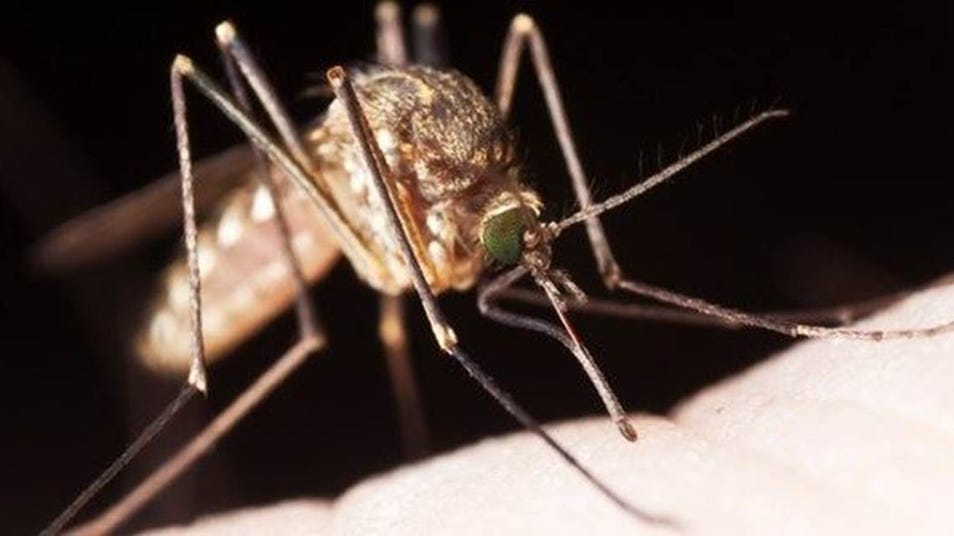CHIKUNGUNYA
CHIKUNGUNYA

The article only imparts general advice and should not be considered as a substitute for medical advice. Always visit a doctor for health care opinion.
How To Prevent Against Chikungunya
If you ever find yourself with a high fever and aching joints, you may need to ask yourself if you have been bitten by a mosquito recently. This is because these are the two main symptoms of chikungunya, a viral disease spread by infected mosquitoes. Chikungunya can be crippling, and the symptoms can get very bad, very quickly. Fortunately, there are methods you can use to help prevent against chikungunya, starting with learning more about this mosquito-borne disease.
What is chikungunya?
So, what is chikungunya? Chikungunya (you may also see it written as CHIK or CHIK V for ‘Chikungunya virus’) is a virus that is transmitted by an aggressive species of mosquito. The disease gets its name from an African verb ‘to become contorted’, reflecting the contorted posture of its sufferers.
The first case of chikungunya was discovered in 1952 in Africa after an outbreak on the Makonde Plateau. The virus likely originated in Central/EastAfrica, where it was found circulating in a sylvatic cycle between forest-dwelling mosquitoes and nonhuman primates.
The Chikungunya virus is endemic in Africa, India and South-East Asia but outbreaks are now emerging in other regions of the world including the Pacific Islands and Australia. What’s more, cases of chikungunya are on the rise in India, particularly in urban areas.
What are some common chikungunya symptoms?
As mentioned already, key symptoms of chikungunya include a high fever and joint pain. Joint pain can be severe in some people and may last for months and, in rare cases, years. Symptoms will typically show within seven days after you have been bitten and may last several weeks.
Some further chikungunya fever symptoms to look out for include:
Severe headache
Nausea
Unexplained fatigue
A skin rash
What type of mosquito causes chikungunya?
Chikungunya is spread when a female mosquito bites a person who is already infected with the virus and then goes on to bite someone else. It is not contagious – that is, it cannot be passed from human to human – so it is only the mosquitoes that you will need to keep an eye on.
Fortunately, the most common types of mosquitoes that transmit the disease – the Aedes aegypti and the Aedes albopictus – are active during the daytime, so you will not need to worry about an overnight attack! Be extra alert in the early morning and late afternoon as there may be peaks in mosquito activity during this time. Look in the dark spaces around your home and use a mosquito killer spray like the Mortein 2in1 insect killer spray if you spot one flying around. The spray has a triple-active formula with a 100% kill guarantee on mosquitoes and cockroaches. Simply point the dual-purpose nozzle and spray directly at the mosquitoes.
How do you prevent chikungunya?
There is no vaccine currently available for chikungunya, so mosquito control is the best form of protection against the disease. This means using the tips below to help safeguard yourself, your home and your family.
Wear long-sleeved clothing and long trousers
Regularly apply an insect repellent to your skin
Install window screens and keep windows and doors closed, where possible Get rid of any containers around your home that can collect water and act as mosquito breeding grounds
Clear roof gutters and plant pots regularly
Try to stay away from areas with stagnant water
How do you treat chikungunya?
Make sure to take the precautions listed above if you plan to travel to regions where the chikungunya mosquito is endemic. If you do start to experience chikungunya symptoms, get medical advice immediately. You will be asked to take a blood test so doctors can diagnose the disease.
There is no cure for chikungunya – which also means there isn’t a specific treatment regime. That said, doctors will be able to treat symptoms such as joint pain and fever. You may also be placed in isolation to prevent those pesky mosquitoes from biting you and flying off to infect someone else.
